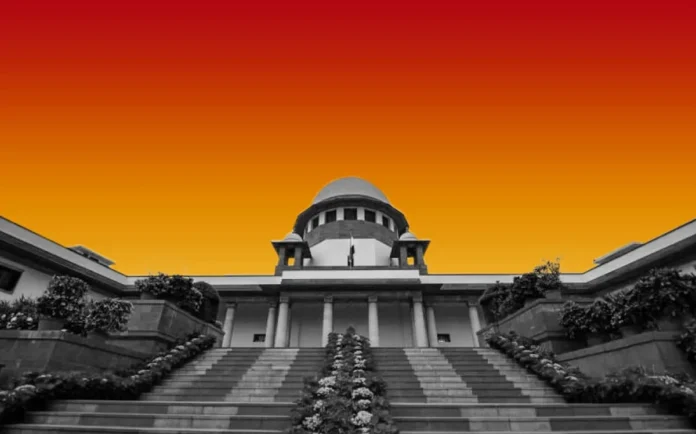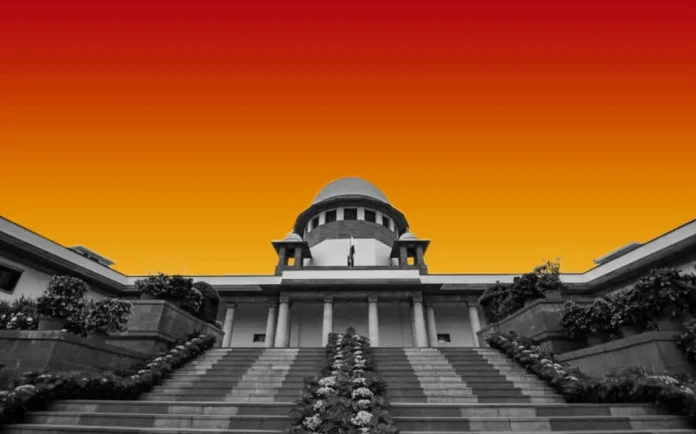[ad_1]
In a significant interim ruling, the Supreme Court of India has granted temporary relief to owners of older vehicles in the Delhi National Capital Region (NCR). The bench, led by Chief Justice of India BR Gavai and comprising Justice K. Vinod Chandran and Justice NV Anjaria, ordered that no coercive steps—such as impounding or penalisation—should be taken against owners of diesel vehicles over 10 years old and petrol vehicles over 15 years old.
The directive remains in force until the matter is further heard, with notice issued to the Delhi government, the Union, and the Commission for Air Quality Management (CAQM). The court’s decision arises from a review petition filed by the Delhi government, which challenges the 2018 Supreme Court order that upheld a ban on older vehicles in Delhi-NCR, initially directed by the National Green Tribunal (NGT).
Solicitor General Tushar Mehta, arguing on behalf of Delhi, contended that the age-based restriction is arbitrary—especially since older commercial vehicles often cover far more ground than personal ones and wear out faster.
Further, the petition urges the court to allow more scientific, emissions-based criteria—like Pollution Under Control (PUC) measurements—to dictate vehicle fitness, rather than relying solely on arbitrary age limits. The Delhi government cited advances in Bharat Stage VI (BS-VI) norms, wider PUC coverage, and evolving technology, implying that many older yet well-maintained vehicles may still be roadworthy and environmentally compliant.
The interim stay serves as a judicial balance between safeguarding citizens’ rights and addressing environmental concerns. It protects middle- and lower-income vehicle users who rely on older cars, while the court evaluates whether blanket bans remain justified in light of technological and regulatory developments
The Supreme Court has scheduled the matter to be re-examined in four weeks. Meanwhile, stakeholders await further clarity on whether environmental policymaking will shift toward graded, evidence-based regulation, aligning with constitutional protections like the right to livelihood and mobility.
[ad_2]
Source link


